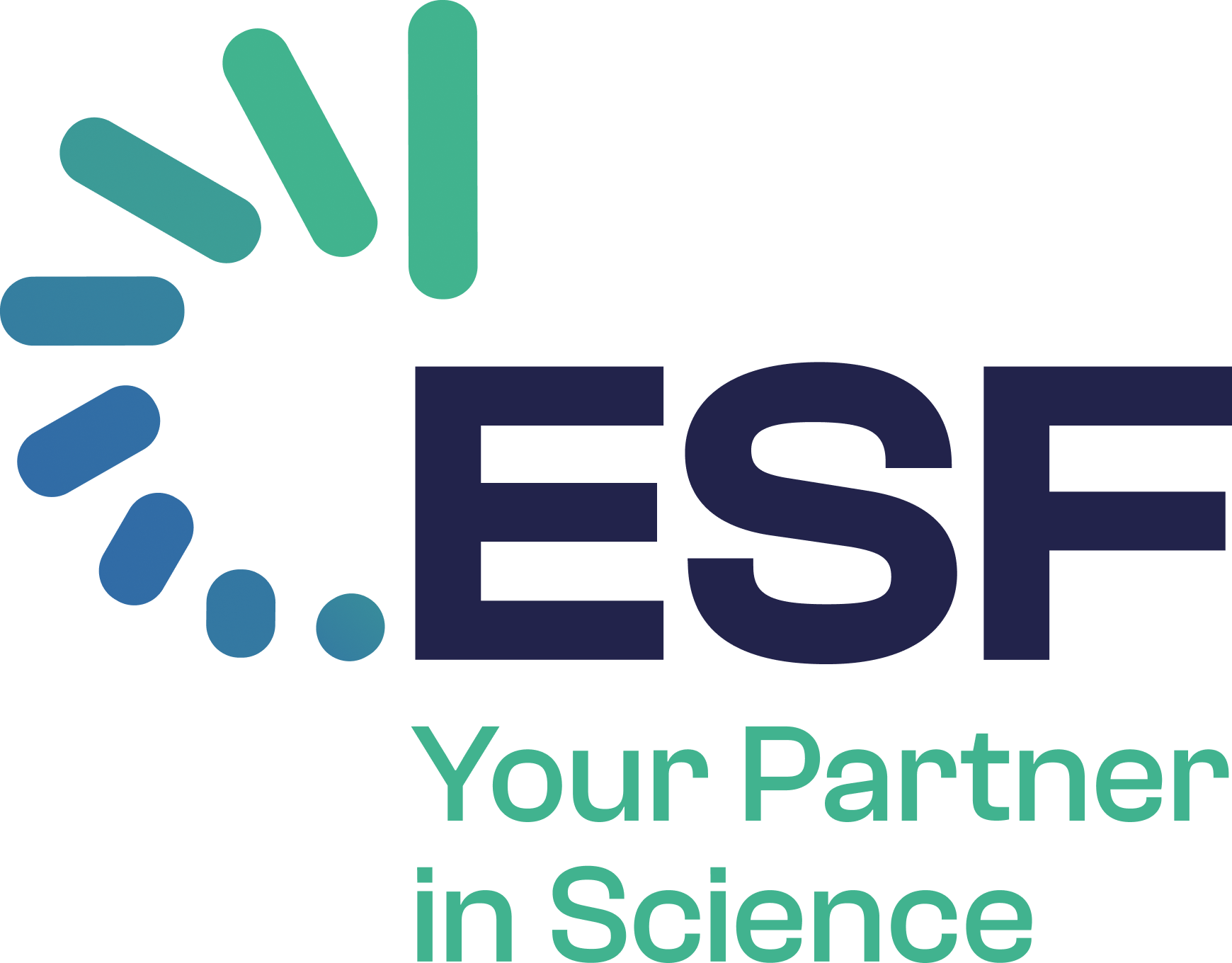WBC-RRI.NET

WBC-RRI.NET PROJECT HAS RECEIVED FUNDING FROM THE EUROPEAN UNION’S H2020 RESEARCH AND INNOVATION PROGRAMME UNDER GRANT AGREEMENT N°101006279
Project Summary
The overall aim of WBC-RRI.NET is to foster the application of Responsible Research and Innovation (RRI) principles at the territorial level in Western Balkan Countries (WBCs), so as to then promote a multi-level steering R&I governance framework. The RRI principles will act as enablers to the shared learning and diffusion of R&I governance innovations at the territorial level and this in turn can lead to enhancing R&I planning, including the existent or upcoming Smart Specialisation Strategies (S3) in the WBCs.
This framework will be based on a ‘smart directionality’ approach ─been indicated as beneficial to regional ecosystems─ as well as on a regional and local innovation planning, a concept to which citizens will also be brought closer through the RRI principles. R&I planning and S3 strategies will thus have the potential to be characterised by an RRI-driven open and inclusive approach, entailing a comprehensive stakeholder involvement and engagement with a focus on citizens’ participation. The approach described is also based on the rationale that the RRI concept ─mostly adapted to the level of research institutions ─can also be applied to the level of regional and territorial research and innovation governance.
Operationally, RRI activities will be performed throughout the entire course of the project (horizontal aspect), raising an active dialogue in the wider WB region and fostering the comprehension of all RRI pillars under a holistic framework. Alongside, a set of RRI ‘anchor’ initiatives (vertical aspect) will touch-in depth specific RRI keys in 5 WB territories:
- Kune-Vain- Tale Lagoon wetland ecosystem (Albania)
- Republic Srpska (Bosnia and Herzegovina)
- Country of Montenegro
- Skopje planning region (North Macedonia)
- Province of Vojvodina (Serbia)
Project consortium
- University of Novi Sad – Serbia
- South East European Research Centre – Greece
- European Science Foundation – France
- Centre for Social Innovation – Austria
- Vojvodina ICT Cluster – Serbia
- Science Technology Park Montenegro – Montenegro
- ZONA - Knowledge, Education and Science – Montenegro
- CO-PLAN, Institute for Habitat Development – Albania
- Ministry of Tourism and Environment – Albania
- University of Banja Luka – Bosnia & Herzegovina
- Research and Technological Development Association in Health - Health RTD Cluster – Bosnia & Herzegovina
- Association National Centre for Development of Innovation and Entrepreneurial Learning – North Macedonia
- Macedonian Academy of Sciences and Arts – North Macedonia
Role of ESF
ESF is the leader of evaluation and impact assessment work package and has a horizontal role as a supporting partner for implementation of the ‘anchor’ initiatives in Albania and Montenegro.
Timeline & Funding
This is a 3-year project that started on 1 March 2021.
The total funding received was 1,999,995€. More details: https://cordis.europa.eu/project/id/101006279

This project has received funding from the European Union's Horizon 2020 research and innovation programme under grant agreement No 101006279
